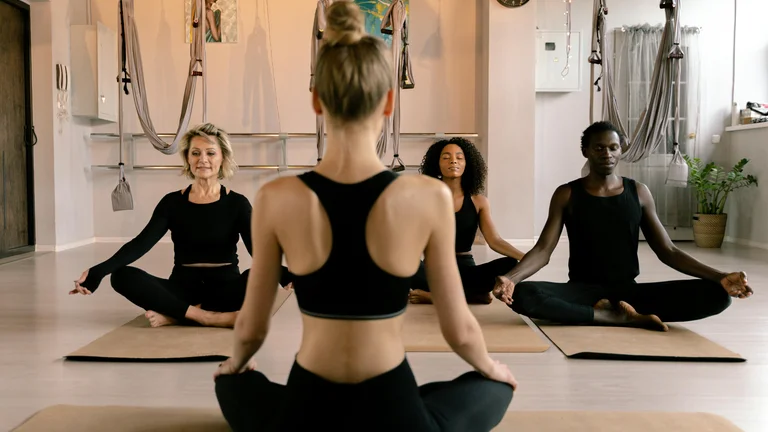Physical Activity and Its Benefits

Engaging in regular physical activity is vital for maintaining health in retirement. Exercise not only keeps muscles strong but also improves cardiovascular health. Activities like walking, swimming, and yoga can enhance flexibility and balance, reducing the risk of falls. Incorporating a variety of exercises can make workouts enjoyable and manageable. It's important to consult a healthcare provider before starting a new exercise routine.
Nutrition Essentials for Retirees
As metabolism slows down, nutrition plays a crucial role. A balanced diet rich in fruits, vegetables, whole grains, and lean proteins supports proper bodily functions. Staying hydrated is equally important. Retirees should minimize processed foods high in sugar and salt. Portion control can help manage weight while ensuring essential nutrients are consumed. Regular meal patterns can enhance energy levels throughout the day.
Mental Health and Cognitive Wellness
Maintaining mental health is key to overall well-being. Engaging in social activities, hobbies, and lifelong learning can prevent feelings of isolation. Brain exercises, such as puzzles or learning new skills, stimulate cognitive function. It’s recommended to stay connected with family and friends, as relationships have a profound impact on emotional health. Mindfulness practices and meditation also offer stress relief.
Preventive Care and Regular Check-Ups
Preventive healthcare measures are essential for retirees. Regular check-ups can catch health issues early. Screenings for blood pressure, cholesterol, and cancer are recommended. Vaccinations play a vital role in preventing illnesses. Seniors should maintain open communication with healthcare providers, discussing any new symptoms or health concerns. Being proactive can enhance the quality of life.
The Importance of Social Connections
Social interactions significantly influence health in retirement. Engaging with community groups, volunteering, or joining clubs can foster a sense of belonging. Regularly scheduled activities can motivate individuals to remain active. Building and nurturing friendships contributes to emotional support and reduces anxiety. Staying connected makes adapting to life changes easier and more enjoyable.
| Aspect | Importance | Recommendations |
|---|---|---|
| Physical Activity | Maintains strength and reduces fall risk | Walking, swimming, yoga |
| Nutrition | Supports overall health and energy | Fruits, vegetables, whole grains |
| Mental Health | Prevents isolation and anxiety | Social activities, lifelong learning |
| Preventive Care | Catches health issues early | Regular check-ups and screenings |
| Social Connections | Enhances emotional health | Community events, volunteering |
FAQ - Health and Wellness in Retirement
What types of exercise are best for retirees?
Low-impact exercises like walking, swimming, and yoga are often recommended for retirees to maintain strength, flexibility, and balance.
How can retirees improve their nutrition?
Focus on a balanced diet including plenty of fruits, vegetables, whole grains, and lean proteins while staying hydrated and minimizing processed foods.
What mental health strategies are effective for older adults?
Engaging in social activities, pursuing hobbies, practicing mindfulness, and maintaining connections with family and friends can support mental health.
Why are regular check-ups important for seniors?
Regular check-ups allow for early detection of health issues, adherence to vaccinations, and proactive health management.
How can retirees build social connections?
Joining community groups, volunteering, and participating in local events are effective ways to meet new people and foster social interactions.
Health and wellness in retirement involve regular physical activity, nutritious eating, mental health support, preventive care, and strong social connections. Engaging in diverse activities enhances physical and cognitive health, fostering an enjoyable and enriching retirement experience.
Conclusão sobre Health and Wellness in Retirement.